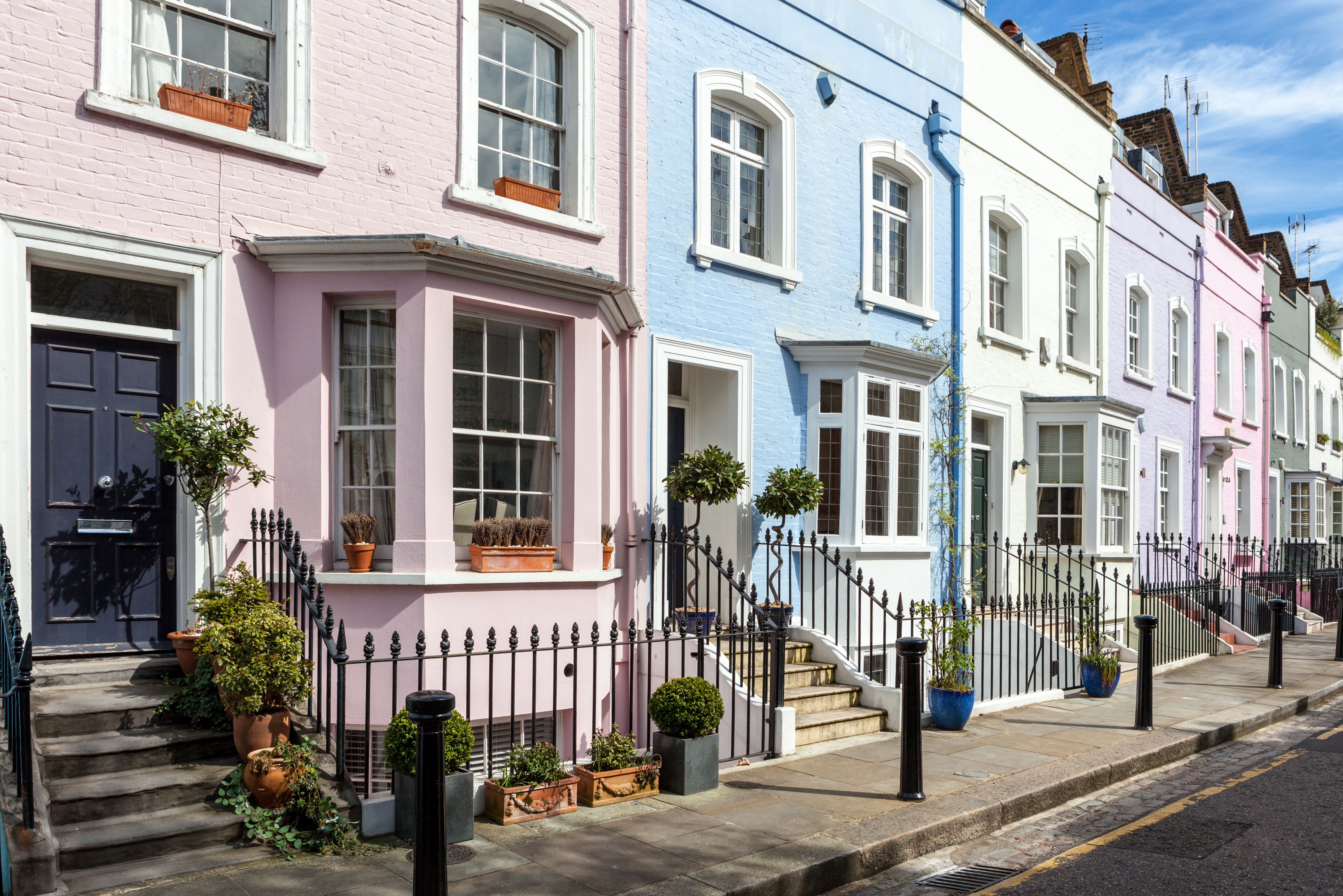One of the busiest sales markets in history
“No one would have predicted that 2021 to date, would be one of the busiest sales markets in history, with properties flying off our agents’ books,” says Iain McKenzie, CEO of The Guild of Property Professionals. “Life is once again starting to resemble some sort of normality with the vaccine rollout on course and the economy forecast to rebound more quickly than initially projected, all of which are positives for the property market as we head into summer.”
McKenzie notes that a year ago, the housing market was closed for business, however, now house price growth across the UK is at its strongest level in over 13 years. “Few would have predicted then the current state of play, yet despite all that has happened, property has remained robust. Mortgage lending and property sales hit record highs in March, as too the average price of a newly marketed property. That record was broken again in April, with the average asking price now just over £333,500. The time taken to secure a buyer has fallen to just 45 days, the quickest Rightmove has ever recorded. Although sales and mortgage approvals fell slightly in April, they remain significantly higher than the longer-term average and the impetus to move continues,” he adds.
McKenzie continues that according to the UKHPI, annual price growth across the UK is at its strongest since August 2007, with the more affordable northern regions surging ahead of their southern counterparts. “Demand continues to outpace supply with data from Hometrack revealing that new supply is 30% lower compared to 2017 to 2019. This imbalance could well start to ease over the coming weeks, as many people focus on enjoying the relaxation of restrictions, but the months ahead look set to remain busy. Family homes with three bedrooms or more remain highly sought after. Demand for extra space continues, whether from first-time buyers or those looking to upsize, with business announcements cementing blended working and flexible commuting as the long-term ‘norm’ for many,” he comments.
Looking at the rental market, McKenzie says that much like the sales market, demand outstripping supply is having an impact. “The RICS reports that a shortage of new supply and increasing demand is helping support rental prices. According to TwentyCi, new instructions in the first quarter are 9% lower year-on-year. Apart from London, rental values are significantly higher across all regions of the UK, than this time last year. HomeLet figures point out that, excluding London, the average monthly rent for new tenancies is £853, up 6.2%. The London market remains oversupplied in many areas, values here 5.7% lower year on year. Across the UK, average prices were 2.9% higher in the year to April, on par with the projections of 3% price growth in 2021.”
In closing McKenzie says that overall, the economic outlook is optimistic, which will have a positive impact on the property market. According to GfK, consumer confidence has risen to its highest level since the country entered lockdown over a year ago and business confidence is high. The annual rate of UK inflation rose sharply from 0.7% in March to 1.5% in April as restrictions eased and consumers started spending across the economy. The Bank of England forecasts economic growth of 7.25% over the course of 2021, the strongest in over 70 years.





